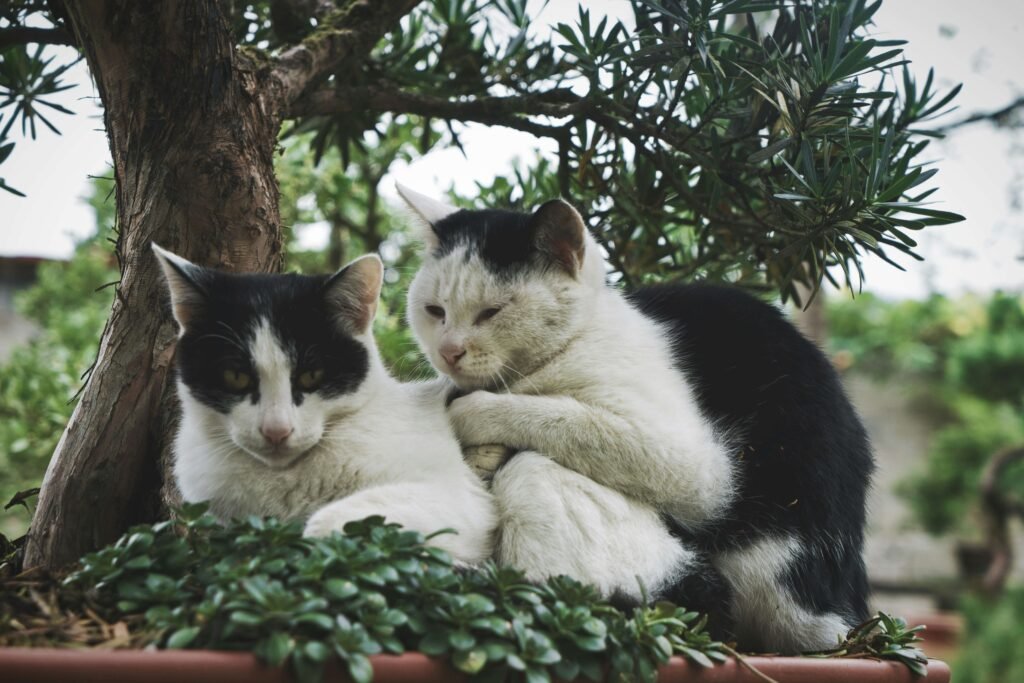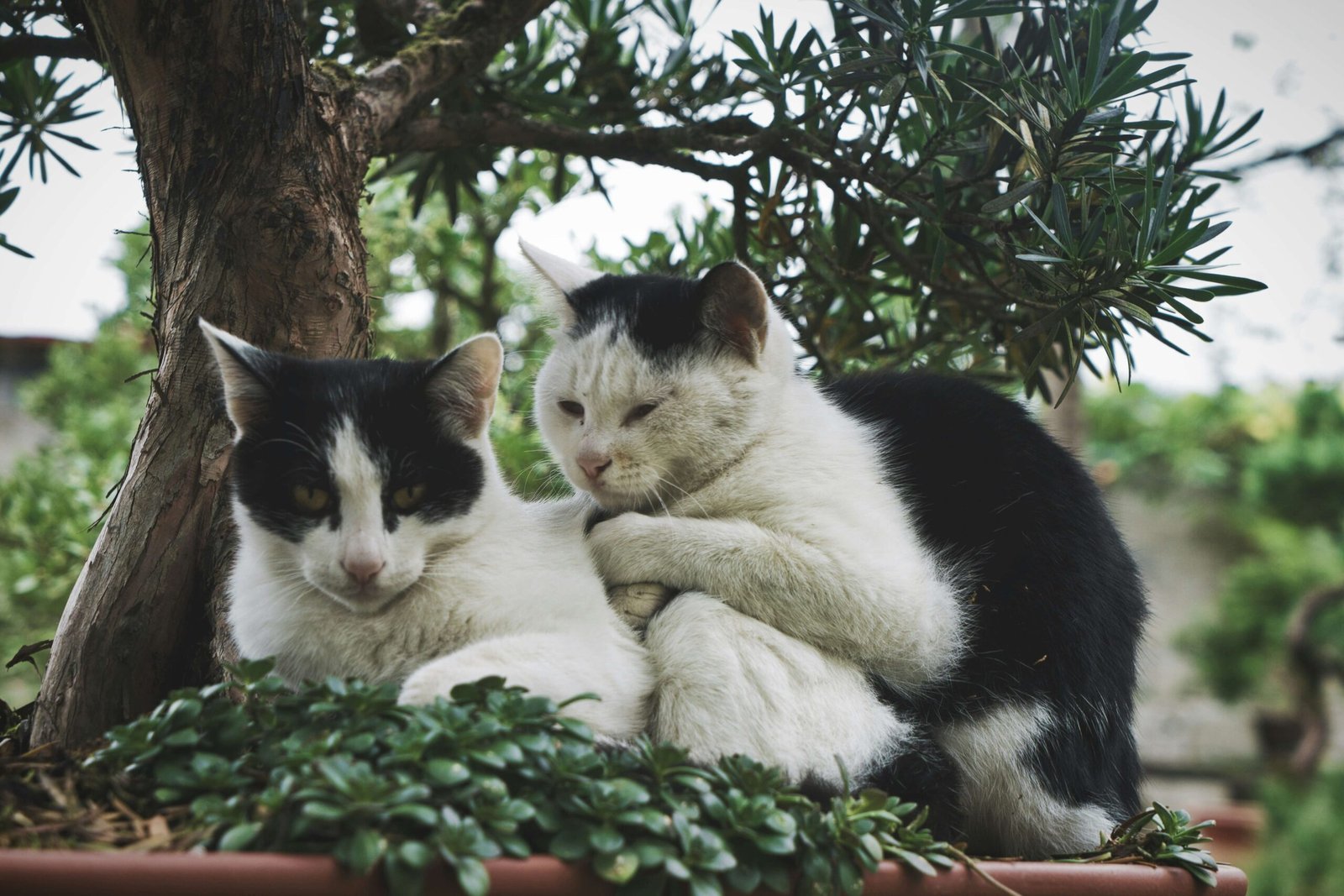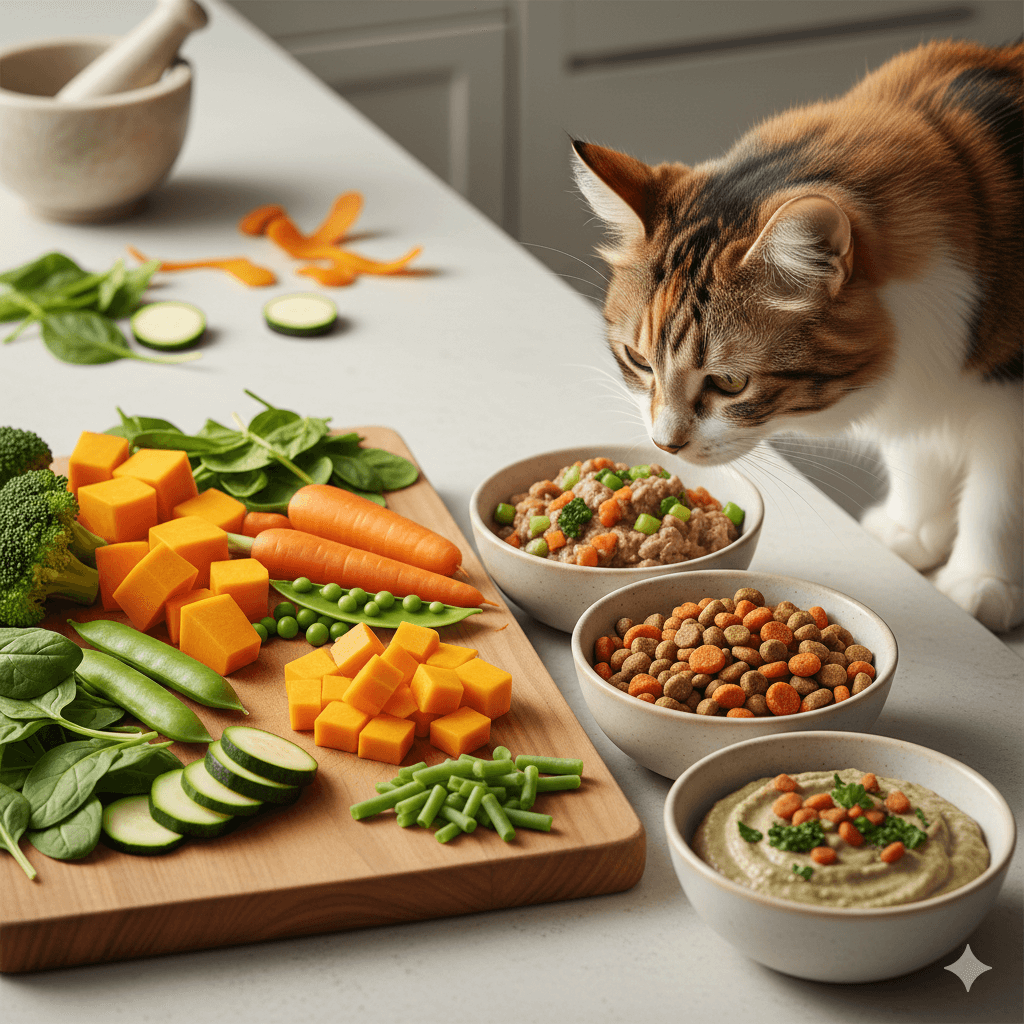Understanding Cat Chronic Diarrhea: A Comprehensive Guide for Pet Owners
Cats are beloved members of our families, and their health is a top priority for every pet owner. However, when your feline friend starts experiencing chronic diarrhea, it can be both concerning and frustrating. Chronic diarrhea in cats refers to persistent loose or watery stools that last for more than a few days. This condition not only affects your cat’s quality of life but also leaves you scrambling for answers. In this blog post, we’ll delve into the causes, symptoms, and treatment options for cat chronic diarrhea, equipping you with the knowledge you need to help your furry companion feel better.
Common Causes of Chronic Diarrhea in Cats
Chronic diarrhea in cats can stem from a variety of factors. Identifying the root cause is crucial for effective treatment. Below are some of the most common triggers:
Dietary Changes
Cats have sensitive digestive systems, and sudden shifts in their diet can upset their stomachs.Food Intolerances or Allergies
Some cats may develop sensitivities to certain ingredients, such as grains, dairy, or specific proteins.Parasites
Intestinal parasites like worms or giardia are frequent culprits behind gastrointestinal issues.Bacterial or Viral Infections
Infections caused by harmful bacteria or viruses can lead to prolonged diarrhea.Underlying Health Conditions
Conditions such as inflammatory bowel disease (IBD) or hyperthyroidism may contribute to chronic diarrhea.
Understanding these potential causes is the first step toward helping your cat recover. By pinpointing the issue, you can work with your veterinarian to find the best solution.
Symptoms to Watch For: Is It Chronic Diarrhea?
While diarrhea itself is a clear symptom, chronic cases often come with additional signs that indicate a deeper issue. Here’s what to look out for:
Frequent Loose Stools
If your cat has diarrhea multiple times a day for more than two weeks, it’s considered chronic.Weight Loss
Unexplained weight loss can accompany chronic diarrhea and is a red flag for underlying conditions.Lethargy
A lack of energy or enthusiasm might signal that your cat is feeling unwell.Vomiting
Chronic diarrhea is sometimes paired with vomiting, which can exacerbate dehydration.Changes in Appetite
A sudden increase or decrease in appetite could indicate digestive distress.
Monitoring these symptoms closely will help you determine whether your cat’s condition requires immediate veterinary attention. Early intervention can make all the difference in managing chronic diarrhea effectively.
Check this guide 👉Why Does My Cat Have Diarrhea? Best 7 Expert Tips!
Check this guide 👉Why Is My Cat Throwing Up Brown Liquid? Best 7 Health Tips!
Check this guide 👉Why is My Cat Foaming at the Mouth? Best 7 Expert Tips!

Preventive Measures | Treatment Options |
|---|---|
Gradual diet transitions | Probiotics to restore gut flora |
Regular deworming treatments | Prescription diets tailored to your cat |
Avoiding table scraps | Medications for infections or parasites |
Ensuring clean water availability | Hydration therapy for severe cases |
Routine vet check-ups | Surgery for certain conditions like tumors |
Dietary Adjustments to Manage Chronic Diarrhea
One of the most effective ways to address chronic diarrhea is through dietary changes. What your cat eats plays a significant role in their digestive health. Consider the following adjustments:
High-Quality Protein Sources
Opt for easily digestible proteins like chicken or turkey to reduce strain on the digestive system.Limited Ingredient Diets
These diets minimize the risk of triggering food allergies or intolerances.Increased Fiber Content
Adding fiber can help regulate bowel movements and promote healthy digestion.Hydration-Focused Foods
Wet food or moisture-rich diets can prevent dehydration caused by diarrhea.Probiotic Supplements
Probiotics introduce beneficial bacteria to support gut health and improve stool consistency.
Making thoughtful dietary changes can significantly alleviate your cat’s symptoms and enhance their overall well-being. Always consult your vet before making major adjustments to your cat’s diet.
When to Seek Veterinary Care for Your Cat
While mild cases of diarrhea may resolve on their own, chronic diarrhea requires professional evaluation. Here’s when you should seek veterinary care:
Persistent Symptoms
If diarrhea lasts longer than two weeks, it’s time to see a vet.Blood in Stool
The presence of blood indicates a potentially serious issue.Severe Dehydration
Signs include sunken eyes, dry gums, and lethargy.Sudden Weight Loss
Rapid or unexplained weight loss demands urgent attention.Behavioral Changes
Withdrawal, aggression, or other unusual behaviors may signal discomfort or pain.
Prompt veterinary care ensures that your cat receives the necessary diagnostics and treatment to address chronic diarrhea effectively.
Home Remedies to Soothe Your Cat’s Digestive System
While professional veterinary care is essential for chronic diarrhea, there are some simple home remedies that may provide temporary relief. These remedies focus on calming your cat’s digestive tract and promoting overall wellness.
Pumpkin Puree
Plain, canned pumpkin (not pumpkin pie filling) is rich in fiber and can help regulate bowel movements.Bone Broth
Unseasoned bone broth is hydrating and gentle on the stomach, making it a soothing option for cats with diarrhea.Slippery Elm Bark
This natural supplement can coat the digestive tract and reduce irritation.Bland Diet
A mix of boiled chicken and rice can serve as a bland, easily digestible meal during recovery.Hydration Boosters
Encourage water intake by offering flavored water or using a pet water fountain.
These home remedies can complement veterinary treatment, but always consult your vet before introducing new foods or supplements. They are not substitutes for professional care but can offer additional support.
Preventive Measures to Avoid Future Episodes
Preventing chronic diarrhea starts with proactive care and lifestyle adjustments. By taking steps to minimize risk factors, you can help ensure your cat stays healthy and comfortable.
Regular Vet Visits
Routine check-ups allow your vet to catch potential issues early before they escalate.Parasite Prevention
Keep up with deworming treatments and flea control to avoid parasitic infections.Stress Reduction
Create a calm environment to minimize stress, which can trigger digestive upset.Avoid Sudden Diet Changes
Introduce new foods gradually over 7–10 days to prevent digestive disturbances.Monitor Treat Intake
Limit treats and ensure they are high-quality, avoiding artificial additives or fillers.
By incorporating these preventive measures into your cat’s routine, you can significantly reduce the likelihood of future episodes of chronic diarrhea. Prevention is always better than cure when it comes to your cat’s health.
Understanding the Role of Gut Health in Cats
A cat’s gut health plays a vital role in their overall well-being, influencing everything from digestion to immunity. Chronic diarrhea often signals an imbalance in the gut microbiome, making it crucial to prioritize gut health.
Probiotics for Cats
Probiotic supplements introduce beneficial bacteria to restore balance in the gut.Prebiotic Foods
Foods like chicory root or bananas can feed good bacteria and promote a healthy microbiome.Digestive Enzymes
Supplements containing enzymes can aid in breaking down food and improving nutrient absorption.Avoid Overuse of Antibiotics
Antibiotics can disrupt gut flora, so they should only be used when absolutely necessary.Gut-Friendly Diets
Feeding diets specifically formulated for digestive health can maintain long-term gut stability.
Prioritizing your cat’s gut health can have far-reaching benefits, reducing the frequency and severity of digestive issues like chronic diarrhea. A balanced gut is the foundation of a happy, healthy cat.
FAQ
How long does chronic diarrhea last in cats?
Chronic diarrhea is defined as loose stools lasting more than two weeks.
Can stress cause diarrhea in cats?
Yes, stress or anxiety can disrupt your cat’s digestive system and lead to diarrhea.
Are over-the-counter medications safe for cats?
No, human medications can be toxic to cats. Always consult a vet before administering any treatment.
What foods should I avoid giving my cat?
Avoid dairy, fatty foods, and anything containing onions, garlic, or chocolate, as they can harm your cat’s digestive system.
Can chronic diarrhea be cured?
With proper diagnosis and treatment, many cases of chronic diarrhea can be managed or resolved entirely.
Conclusion: Empowering You to Help Your Cat Thrive
Dealing with cat chronic diarrhea can feel overwhelming, but armed with the right information, you’re better equipped to support your feline friend. From identifying potential causes to implementing dietary changes and seeking veterinary care, every step you take brings your cat closer to recovery. Remember, early intervention is key, and your veterinarian is an invaluable partner in managing this condition. By staying vigilant and proactive, you can ensure your cat enjoys a happy, healthy life free from the discomfort of chronic diarrhea.
Can a Cat Be Tested for Rabies? Best 7 Expert Tips! – Learn if testing is possible, understand the process, and discover prevention tips to keep your cat safe from rabies.
Can a Dog Be Tested for Rabies? Best 7 Expert Tips! – Learn how rabies testing works, why it’s critical, and what every dog owner needs to know.
Best Vegetables for Cat Food: Best 7 Expert Tips! – Discover safe, nutritious veggies to boost your cat’s diet, support digestion, and enhance overall health naturally.
Best Vegetables for Dog Food: Best 7 Expert Tips! – Discover safe, nutritious veggies to boost your dog’s diet, support digestion, and enhance overall health naturally.





